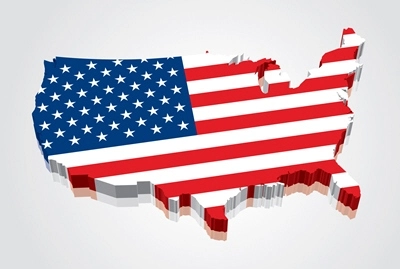 With the war in Ukraine on everyone’s mind – and we pray for peace in the region and for all the peoples and nations involved – it’s good to take stock of where your health might be headed if you and your family suddenly find yourself in a wartime or other emergency situation. Many people have zero preparation for – or even consciousness of – this possibility. So, let’s explore it now.
With the war in Ukraine on everyone’s mind – and we pray for peace in the region and for all the peoples and nations involved – it’s good to take stock of where your health might be headed if you and your family suddenly find yourself in a wartime or other emergency situation. Many people have zero preparation for – or even consciousness of – this possibility. So, let’s explore it now.
What’s likely to happen? The most important thing to understand is that supply chains will be interrupted, and you likely will not be able to get the food and drink that you are accustomed to buying on a regular basis. Without food or water, you will quickly die – the worst possible health outcome.
Some religious communities wisely advise their parishioners to stock up on non-perishable (or long-lasting) food items. Dried beans, lentils and other vegetables, potatoes and other starches, and many kinds of canned foods will last for a year or several years. Calculate how much you need to give your family members (2,000 calories a day is typical for an adult) and how much you need to store for 3 months, 6 months, or maybe a year depending on your budget and how long of a food “insurance policy” you want to have. Consume the food gradually and replace with new on a regular basis so none of your emergency stash is ever beyond its expiration date. While supplies are good – that is, now – is the best time to stock up.
Don’t tell everyone in your neighborhood you’re stocking up; thieves (and even government informants accusing you of “hoarding” if tyrannical “emergency measures” are put in place at some point) may come out of the woodwork during emergencies. Just proceed quietly.
Water supplies could potentially be cut off or become contaminated. Get some glass containers (plastic sometimes leaches harmful substances into the water but can still be used in a pinch) and keep a rotating supply of drinking water, just as you did with food. A drop or so or chlorine bleach can keep algae and other unwanted microorganisms at bay; there are many survival-oriented sites online that will give you further tips and dosage instructions.
You may be forced to leave at a moment’s notice. Freezing or starving as a result isn’t good for your health! Under such circumstances, you might not have time to think things through. So, it’s good to have a “bugout bag” made up ahead of time for every family member. This would include lightweight but super-insulated blankets and clothing, walkie-talkies with solar rechargers and extra batteries, as much high-calorie-density dried food as you can carry, and water decontaminants like bleach or other specialized types. Weapons are also a must, though outside the province of this article.
For those who need medications, some provision has to be made for them in the bugout bags, too, if at all possible. Copies of all prescriptions are a must – they can be used just to remember what you need, even if you are forced to buy on the black market if the economy (and pharmacies) are knocked for a loop.
Perhaps most important of all – and the least considered, even by “survivalist” types – is your physical health and energy level. You will be tested, and possibly tested severely – in an emergency situation like war or a major economic disruption or natural disaster. People who are run-down, aged beyond their years, or suffering from debilitating hormone imbalances, are very vulnerable in any stressful, demanding emergency – and may be the first to lose their lives. You want to get yourself in the best possible health and physical and mental condition now, while you still have time, so you will be ready for whatever fate may throw at you. Our clinic has helped thousands of patients do exactly that.
Contact Us Today For A Free Consultation

- DHEA: Anti-Aging Hype or the Real Deal? [Last Updated On: August 31st, 2024] [Originally Added On: April 7th, 2021]
Word Count: 654





















